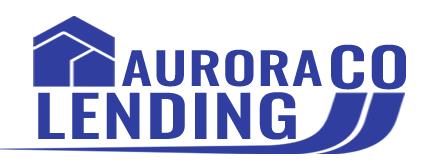Title: Why Did My Mortgage Go Up?
Introduction:
As a homeowner, it can be quite alarming to receive a notice stating that your mortgage payment is increasing. After all, you carefully budgeted and planned for your monthly expenses, and any unexpected changes can disrupt your financial stability. In this blog post, we will explore some common reasons why your mortgage may have gone up and provide insights to help you understand and navigate this situation.
1. Adjustable-Rate Mortgage (ARM) Adjustment:
If you have an adjustable-rate mortgage, your interest rate and monthly payment can fluctuate over time. Typically, ARMs have an initial fixed-rate period, after which the interest rate adjusts periodically based on market conditions. When the adjustment occurs, your mortgage payment may increase or decrease, depending on the prevailing interest rates. It’s essential to review your loan terms and understand how often adjustments can occur to anticipate potential changes.
2. Escrow Account Adjustments:
Many homeowners have an escrow account, which is used to pay property taxes, homeowners insurance, and sometimes private mortgage insurance (PMI). If any of these expenses increase, your mortgage payment will also go up to cover the additional costs. Property taxes can rise due to reassessment, changes in local tax rates, or improvements made to your property. Similarly, insurance premiums may increase due to inflation, changes in coverage, or claims history. Regularly reviewing your escrow account statements can help you anticipate and plan for these adjustments.
3. Changes in Insurance or Taxes:
Apart from escrow account adjustments, changes in insurance or taxes can directly impact your mortgage payment. If you switch insurance providers or your existing policy’s premium increases, your lender may adjust your monthly payment accordingly. Similarly, if your property tax assessment increases significantly, your mortgage payment will reflect the higher tax amount. Staying informed about changes in insurance rates and property tax assessments can help you understand why your mortgage payment has increased.
4. Loan Modification or Refinancing:
In some cases, homeowners may choose to modify their existing loan terms or refinance their mortgage. While these options can provide financial relief or better terms, they can also result in a higher monthly payment. Loan modifications may involve extending the loan term or adjusting the interest rate, which can impact the overall payment amount. Refinancing often involves obtaining a new loan with different terms, potentially resulting in a higher interest rate or increased loan balance. It’s crucial to carefully evaluate the long-term financial implications before pursuing these options.
Conclusion:
